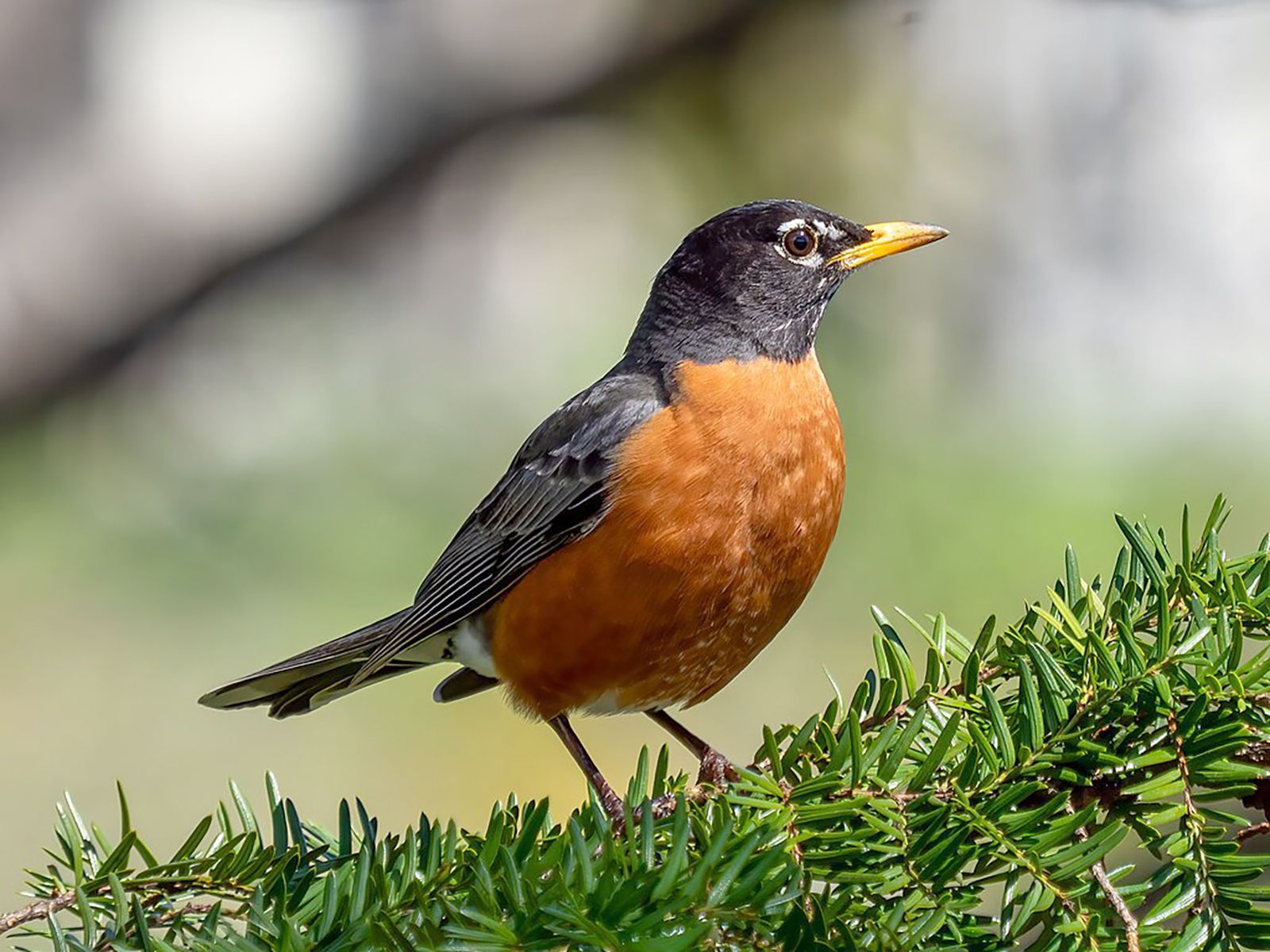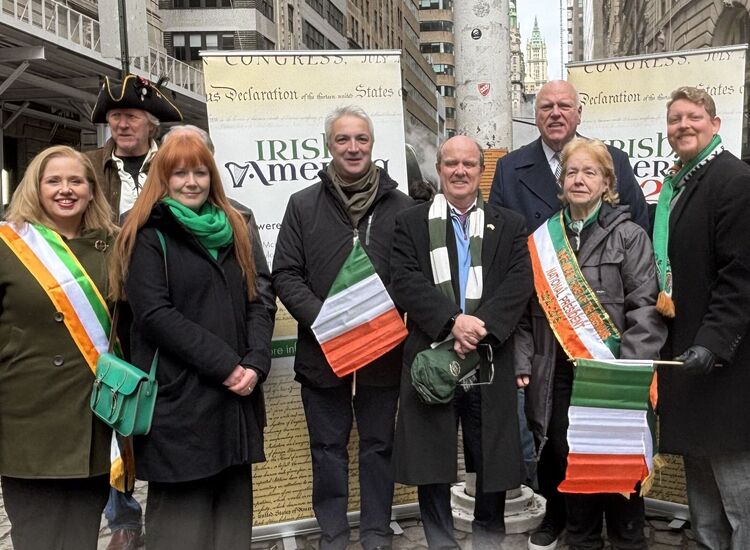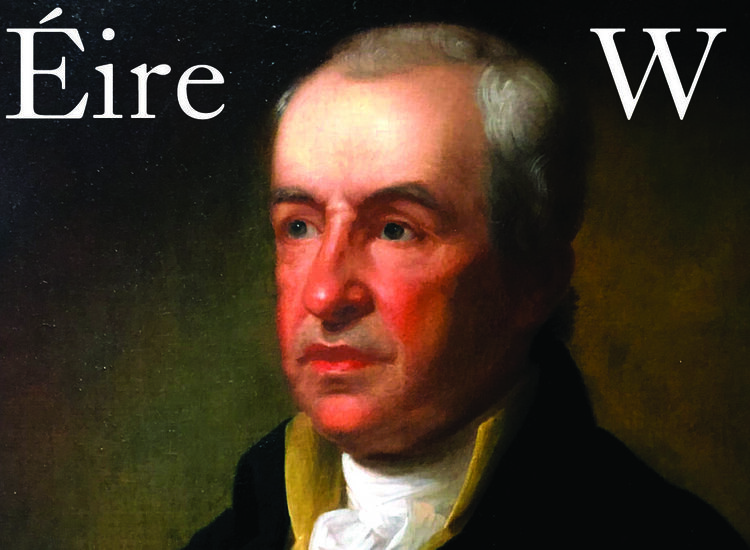I’ve always been a bit of a tree-hugger. And why wouldn’t I, after spending so much time on my grandfather’s farm within a mile of Wexford town?
Since he was a cattle dealer the land was given over to fattening bullocks rather than growing grain, fruits, or vegetables. The lush fields were green and hushed, for cattle are generally quiet, docile beasts.
Late at night on long journeys back to New York with Black 47 I would often take mental strolls through those peaceful fields, stopping to admire trees, ponds, bunches of wild primroses, thrushes’ nests hidden amid the long grass, or views of the nearby meandering main road.
I’d sometimes wonder how I ended up living on heroin row in the East Village where the cries of dealers and junkies mixed seamlessly with police and ambulance sirens.
In general, though, I was at ease with the choices I had made. As a man from Gweedore once put it to me in The Bronx: “Scenery is all well and good but you can’t eat it.”
As the years raced by, I was always busy on one creative thing or another, in fact we had just closed a successful run of Paradise Square in Berkeley CA, and were heading to Broadway, when the pandemic struck
An increasingly rare Eurasian Song Thrush.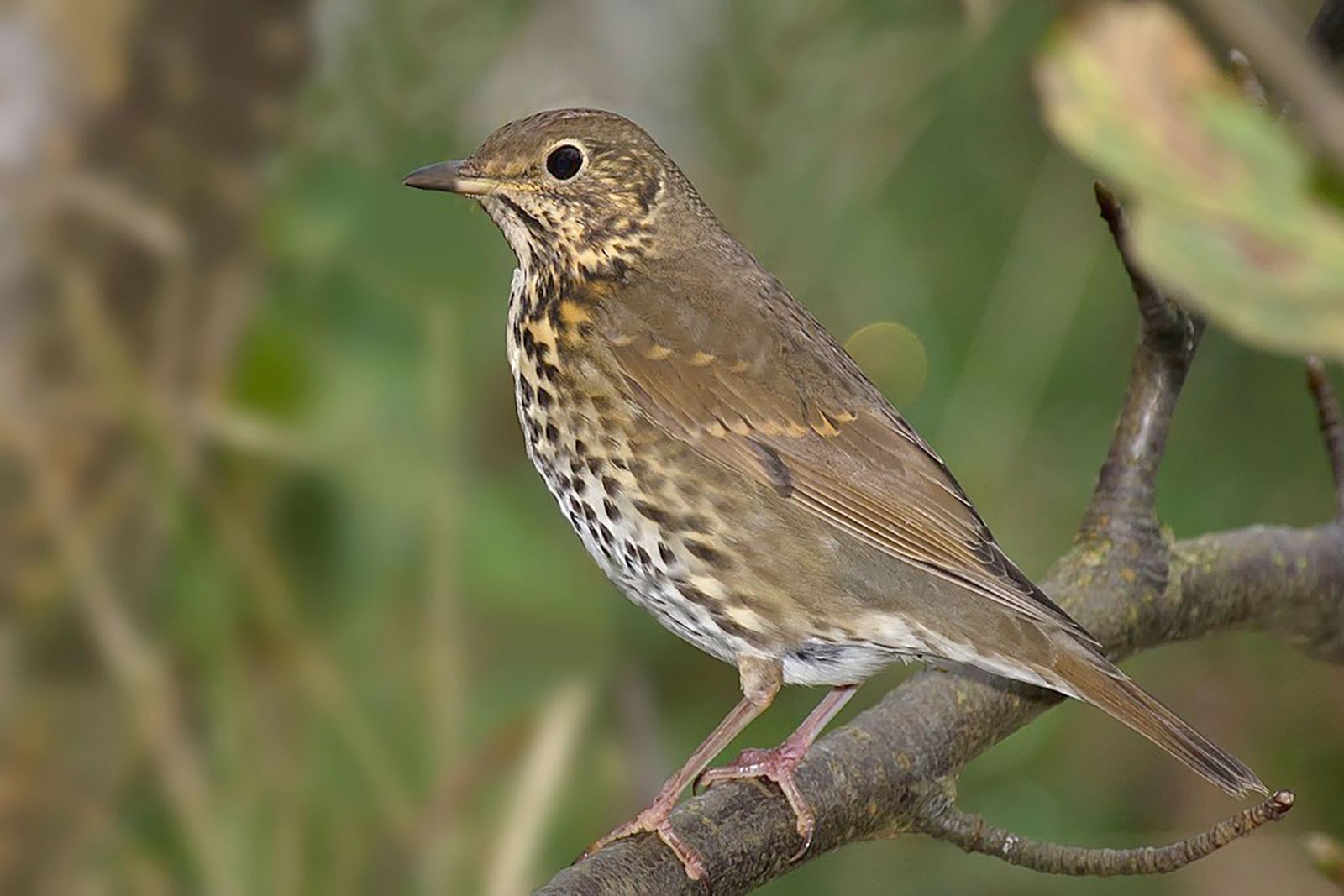
I don’t remember being particularly disappointed. Life is full of ups and downs in music and theatre, and you learn to roll with the punches.
A friend had died early on from Covid, so I knew this disease was serious, and took every precaution. I even moved outside the city to a house near a beach and a state park.
The first week was strange; it was like stepping off a speeding treadmill – no meetings, phone calls, deadlines, just quietness.
Soon, the ospreys returned from the south, and for once I had time to devote to them. I had always admired these beautiful, tireless birds as they dived from on high into the nearby Long Island Sound.
Soon egrets, herons and piping plovers arrived and took their place among the seagulls, mockingbirds, crows, pigeons, doves and robins.
The birds seemed oblivious to us humans – stalked ourselves now by an invisible foe. It behooved us to keep away from other people, for who knew who was infected. And so I took long walks and, like everyone else, kept my distance.
That summer I relearned the value of silence and the solitary life. With so many humans barricaded indoors, the nearby state park hummed with wildlife. I saw foxes, coyotes, skunks, raccoons and deer, all exploring areas they had long ceded to humanity.
A Blue Jay. Cornell Lab photo.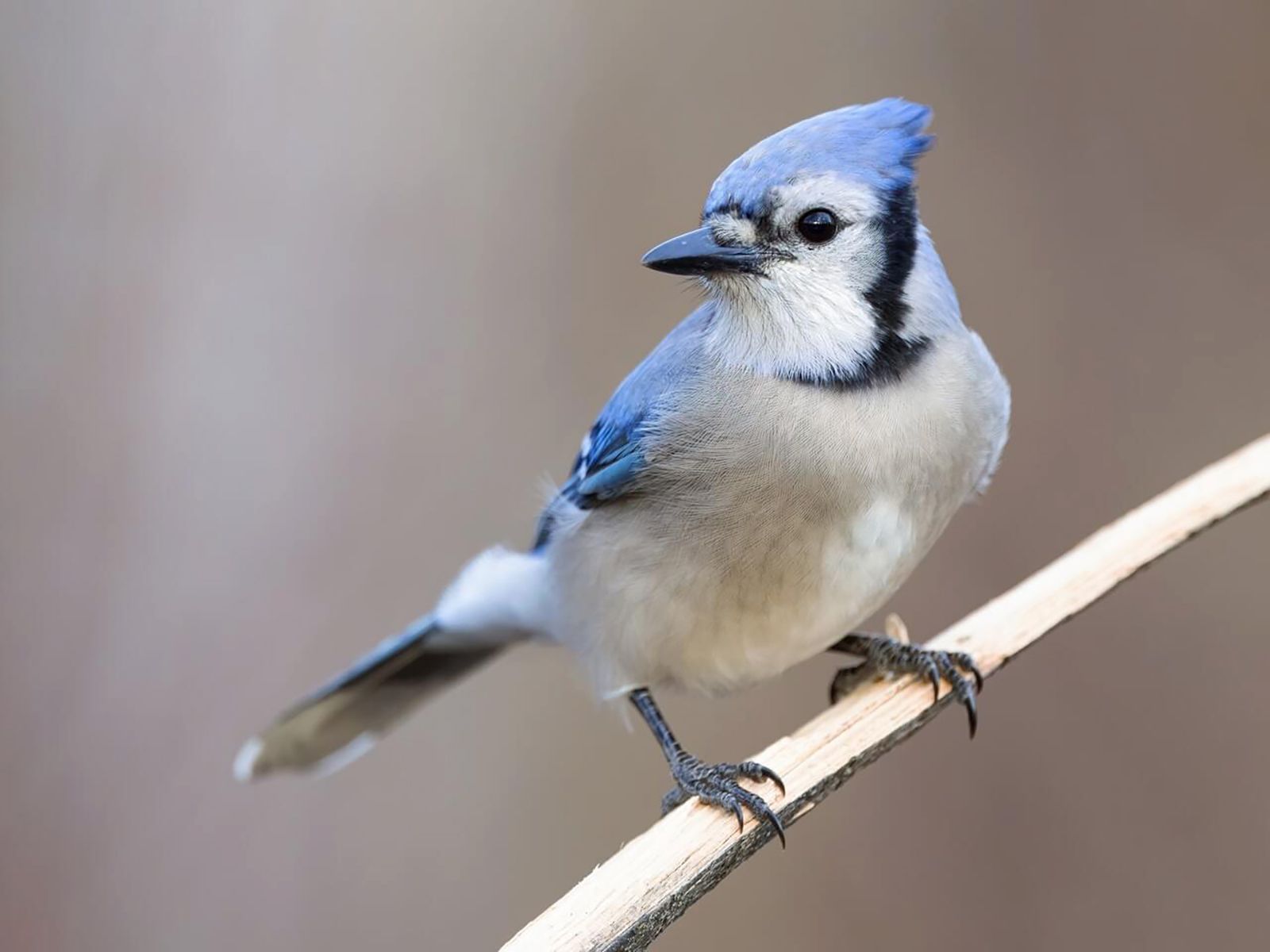
And high above, birds of all kinds were ever-present, reveling in their own harmonious cacophony.
After a year or so, I returned to the city, but my life had changed, I had been touched again by nature, much as had happened on my grandfather’s farm all those emigrant years ago. I resolved to hold on to my connection and, for the most part, I have.
On recent visits over March and early April to my pandemic refuge, however, I was stunned by the lack of birds and a new foreboding silence. There were seagulls, ducks and Canadian geese aplenty, but no robins, mockingbirds, blue jays, cardinals, and a scarcity of even crows and doves.
The egrets, herons, plovers, and ospreys returned as the days grew longer, but the local birds I just mentioned only began to trickle back in mid-April and in much fewer numbers than in previous years.
A nearby copse of holly trees still sports some red berries; these delicacies used to be devoured by ravenous birds by mid-March at the latest.
Experts agree that since 1970 almost 3 billion birds of virtually all species have vanished from North America, mostly because of climate change and encroaching humanity.
After much fear, suspicion and misinformation, we humans have survived the pandemic, but will the birds survive us?
How awful to think that on our watch the disappearance of birds could speed up even more, so that eventually it might be a rarity to hear their lovely songs.
And yet, despite all the damning evidence, we continue to vote for climate change deniers. How sad to think these misguided souls are so oblivious to their heritage and surroundings they would never even notice if the birds stopped singing.

